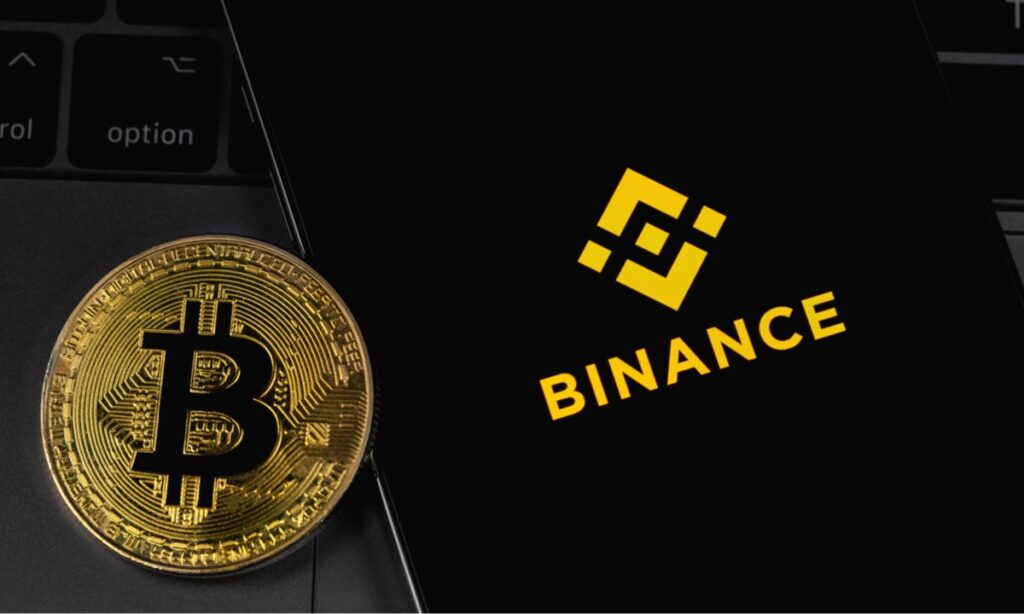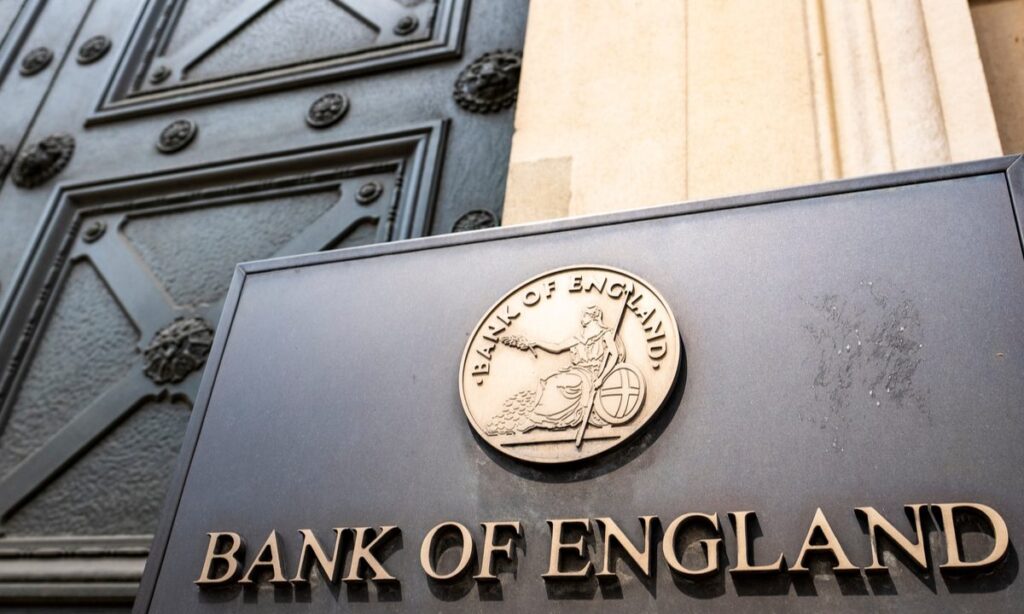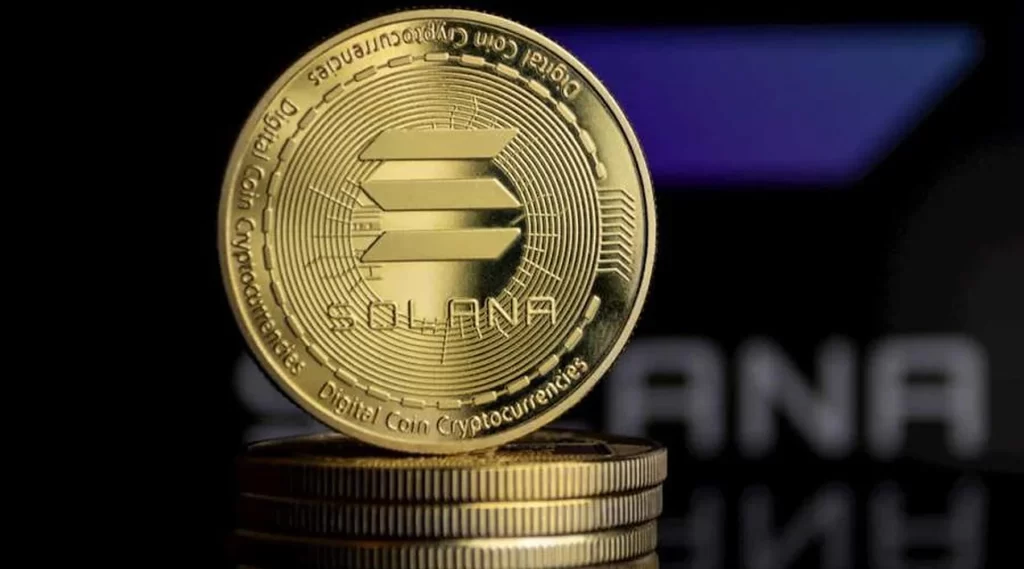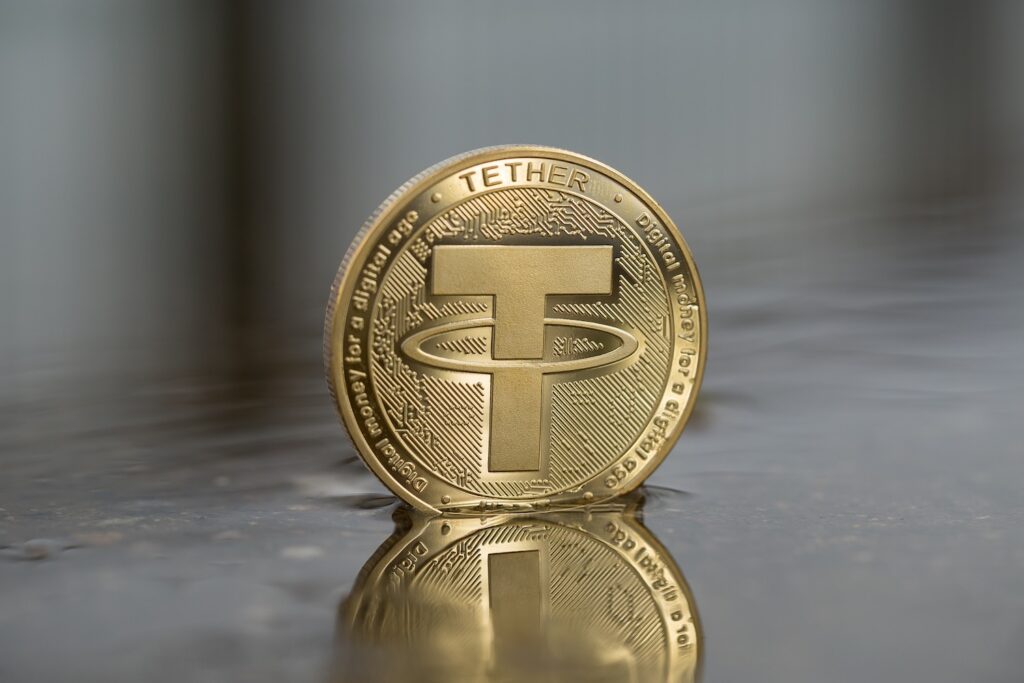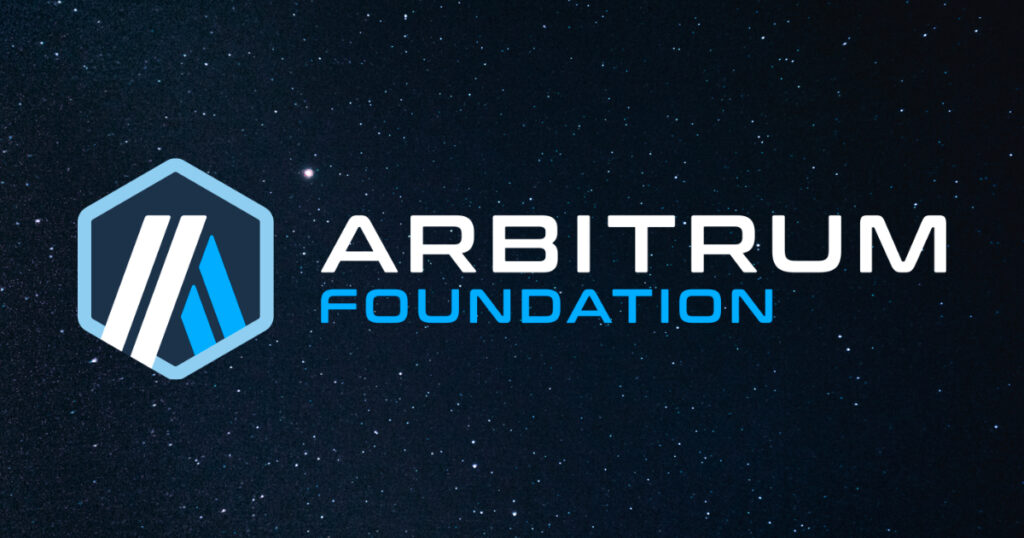Binance, one of the world’s largest cryptocurrency exchanges, has taken action against a fraudulent Nigerian entity known as Binance Nigeria Limited. Changpeng Zhao, the CEO of Binance, announced on Twitter that the company has officially issued a cease and desist notice to the fraudulent entity.
This move comes after the Nigerian Securities and Exchange Commission (SEC) released a circular declaring the illegality of Binance Nigeria Limited operating within the country.
Binance responded to the SEC’s circular by stating that the entity mentioned in the document is not affiliated with the company.
A Binance spokesperson expressed their intention to seek clarity from the Nigerian SEC and reiterated the company’s commitment to cooperating with the commission in determining the next steps.
However, it is worth noting that Binance is currently facing legal challenges from the United States Securities Exchange Commission (SEC).
The U.S. SEC has filed 13 charges against Binance entities and Changpeng Zhao, accusing them of operating as an unregistered exchange, broker-dealer, and clearing agency, as well as misrepresenting trading controls.
The U.S. SEC claims that despite earning $11.6 billion from U.S. customers, Binance and Zhao failed to register as required.
In a recent development, U.S. Judge Amy Berman Jackson approved an agreement between Binance.US, Binance’s U.S.-based subsidiary, and the U.S. SEC. This agreement resulted in the dismissal of a previous temporary restraining order that sought to freeze all Binance.US assets.
Binance, which operates in approximately 100 countries, established its headquarters in the Cayman Islands in 2017.
It also registered a subsidiary in Seychelles in 2019. Despite these legal challenges, Binance continues to provide its services to users around the world, and the company’s spokesperson emphasized their commitment to regulatory compliance and cooperation with relevant authorities.
The situation involving Binance Nigeria Limited highlights the importance of regulatory oversight in the cryptocurrency industry.
Other Stories:
BUSD plummets down stablecoin rankings
USDT suffers de-pegging concern after 3pool imbalance
Crypto trading platform suspends trading of SOL, MATIC, and ADA

